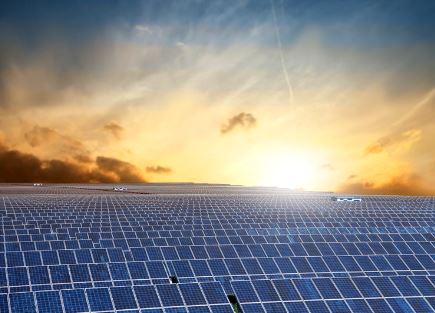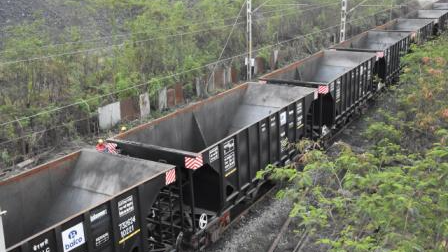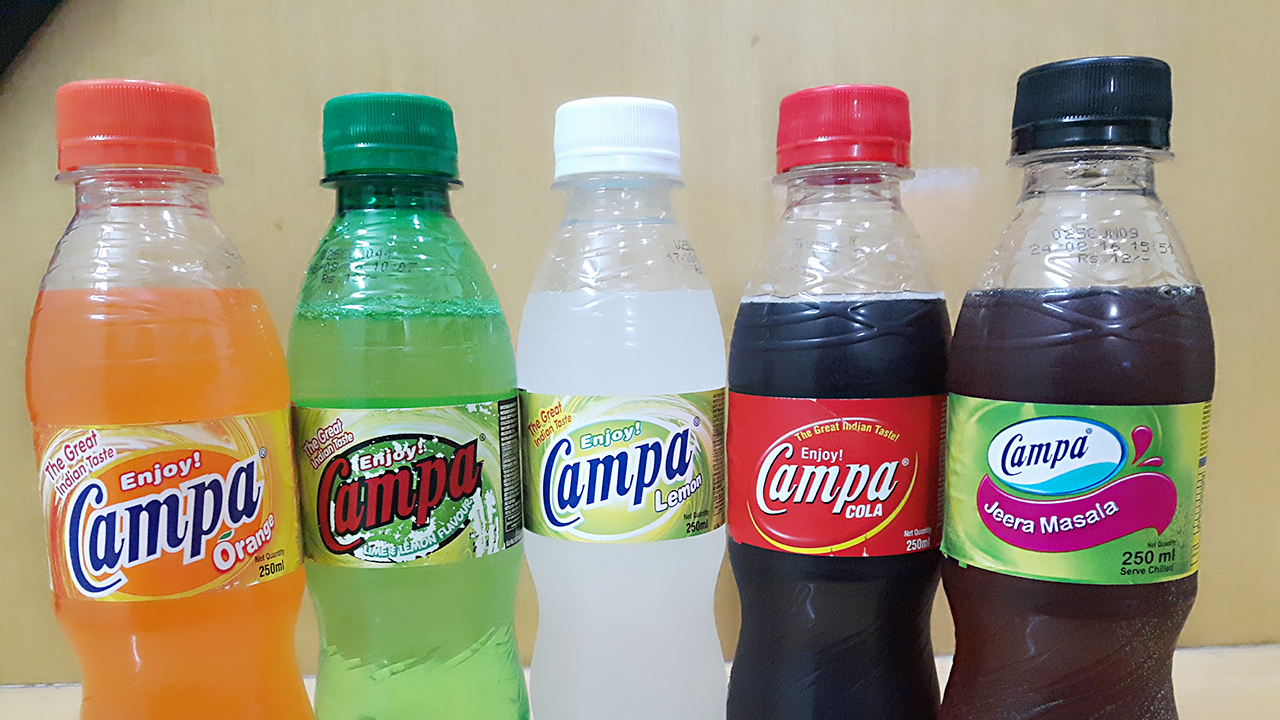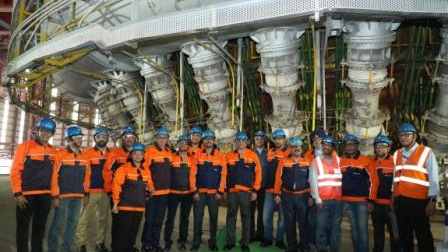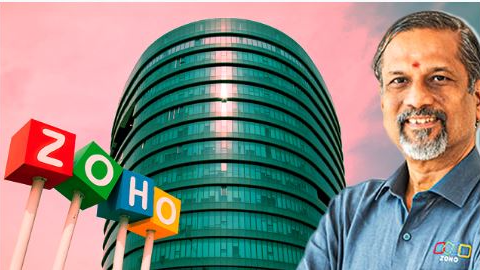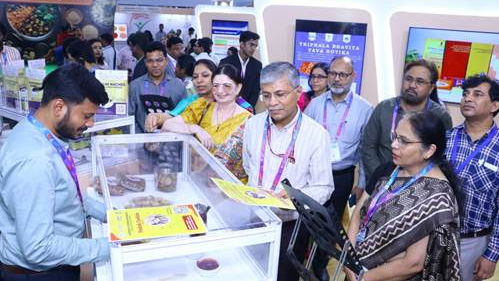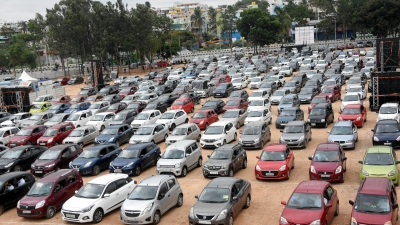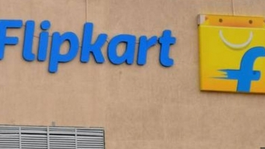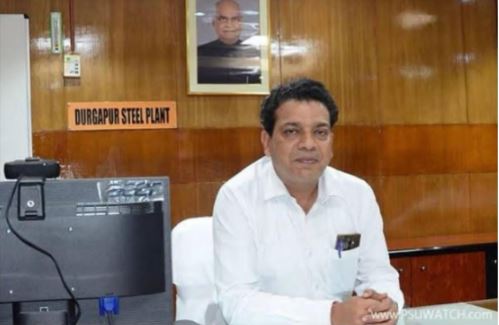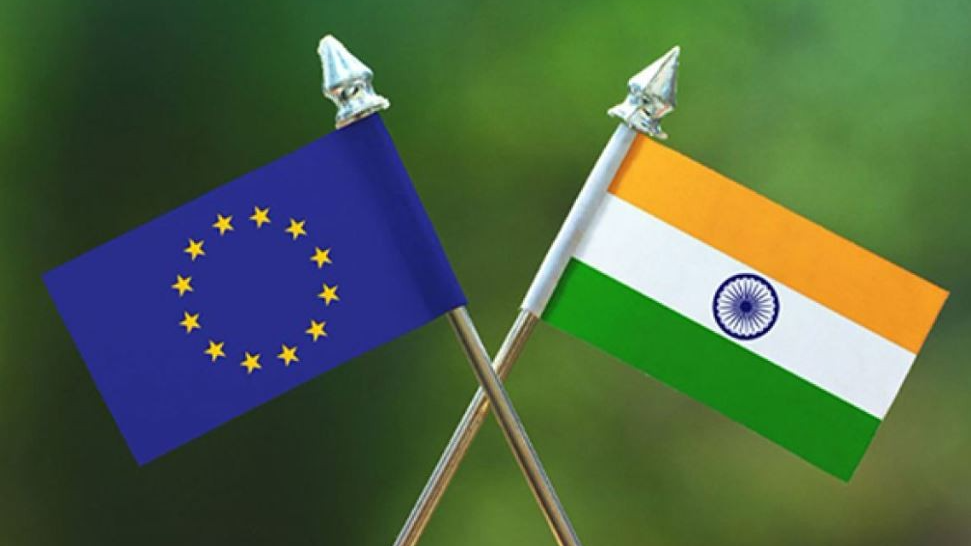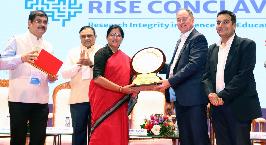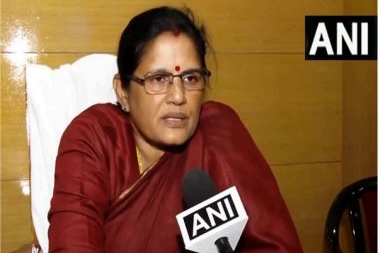New Delhi, Sept 22: The United States and India share an enduring commitment to deepen our collaboration on issues of shared national and economic security.
As an important aspect of economic growth agendas, clean energy transition, including the creation of high-quality jobs for the populations, acceleration of clean energy deployment globally, and achievement of global climate goals are almost essential.
In support of these objectives, the United States and India intend to elevate and expand bilateral technical, financial, and policy support to expand complementary U.S. and Indian manufacturing capacity for clean energy technologies and components and lay the groundwork for enhanced cooperation in third countries, with a focus on partnerships in Africa.
This effort will build on existing clean energy cooperation between the United States and India, including clean energy initiatives launched during Prime Minister Modi’s visit to the United States in 2023, the Strategic Clean Energy Partnership led by the U.S. Department of Energy and Government of India ministries, technical assistance provided by U.S. laboratories, and novel financial platforms such as the Payment Security Mechanism established to support the rapid deployment of electric buses in India. A U.S. and Indian partnership to establish a shared, resilient, and cutting-edge techno-industrial base centered on innovative clean energy manufacturing techniques sets a strong example for the world and positions our countries to lead clean economic development in the 21st century.
To launch this partnership, the United States and India are working to unlock USD$1 billion in new multilateral finance through the International Bank for Reconstruction and Development (IBRD) for projects that include catalyzing India’s domestic clean energy supply chain buildout. The funding could support supply-side manufacturing capacity expansion for key technology verticals, focusing on solar, wind, battery, energy grid systems, and high-efficiency air conditioner and ceiling fan supply chains. Over time, we seek to mobilize additional financing into priority clean energy manufacturing sectors that harness public and private financial tools and pioneer innovative financial vehicles to meet the rapid demand for flexible climate finance solutions.
The United States and India intend to work with relevant government agencies, civil society, U.S. and Indian private sectors, philanthropies, and multilateral development banks to identify a package of pilot projects across the clean energy value chain that meet our eligibility criteria and meaningfully contribute to supply chain expansion and diversification in identified sectors. The U.S. and Indian governments also pledge to work with industry leaders on the following lines of effort to launch and eventually scale this new partnership:
Identifying near-term investment opportunities to expand manufacturing capacity for specific clean energy supply chain segments, with initial focuses on the following clean energy components:
Solar wafers and wafer manufacturing equipment & next generation solar cells
Wind turbine nacelle components
Power transmission line components including conductors, cabling, transformers, and next generation technologies
Energy storage components including batteries
Battery packs for 2- and 3-wheel electric vehicles (EVs) and zero-emission e-bus and truck components
High-efficiency air conditioners and ceiling fan components
Collaborating with the private sector to scope eligible opportunities in the above supply chain segments and support an initial package of pilot projects, ideally including one project focused on clean energy deployment to Africa. Additional investments plans and sources of funding can be developed over time. This effort would build on private sector partnerships facilitated by U.S. Development Finance Corporation (DFC) across the solar, wind, battery, and critical minerals sectors to pursue opportunities to finance the manufacture of clean energy components. Such investments may be in scope for India’s Green Transition Fund – which will support renewable energy, storage, and e-mobility investments in India and strengthen demand for localized manufacturing – as well as for Indian private equity fund manager Eversource Capital’s new DFC-supported $900 million fund to invest in clean technologies such as renewable energy, efficient cooling, and electric transportation.
Building trilateral relationships with African partners that have stated political commitments to clean energy deployment, focusing on solar and battery storage opportunities. India and the United States can work multilaterally with African partners to pursue high-potential solar and EV deployment opportunities, understand the conditions required for project success, detail the partnerships and financial model for project success, and implement the project. The United States intends to collaborate with Indian companies to explore investment opportunities and facilitate public-private matchmaking expand partnerships with local African manufacturers. DFC and the U.S. Agency for International Development are anchoring this effort by collaborating with India-based International Solar Alliance to deploy solar and EV charging networks near health facilities.
Collaborating with each other and industry to consult on policies that will strengthen demand certainty for locally manufactured clean technologies. The U.S. Bipartisan Infrastructure Law and Inflation Reduction Act were historic laws designed to invest in the large-scale deployment of clean energy technologies while also reinvigorating the manufacturing capacity of the United States to appropriately onshore clean energy supply chains. Likewise, India’s Production Linked Incentive Schemes have invested over $4.5 billion to catalyze nascent clean energy manufacturing. However, additional policies are vital to expand and protect these investments in the face of global market dynamics and thin profit margins. Both countries acknowledge the importance of sharing insights on how to design policy frameworks to reduce demand uncertainties and ensure sufficient input materials, technological expertise, finance, and other manufacturing enablers are available and secure.
This roadmap is intended to serve as a short-term mechanism for driving initial cooperation on projects, to help inform a long-term roadmap including working together to establish a cadence of meetings and milestones this partnership. This roadmap is not intended to give rise to rights or obligations under domestic or international law.



